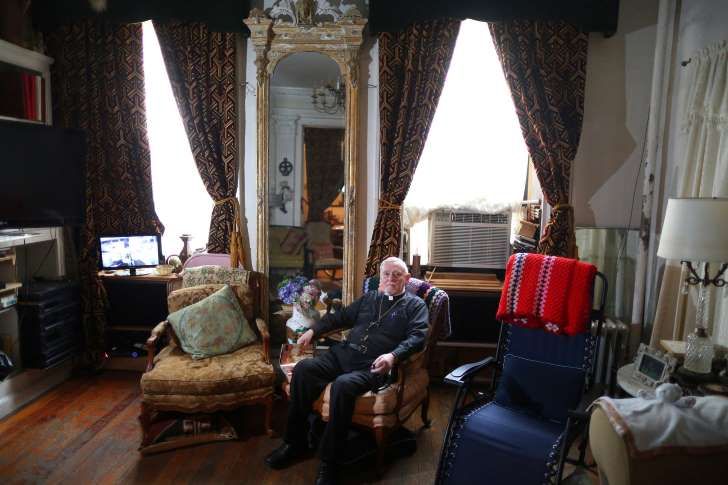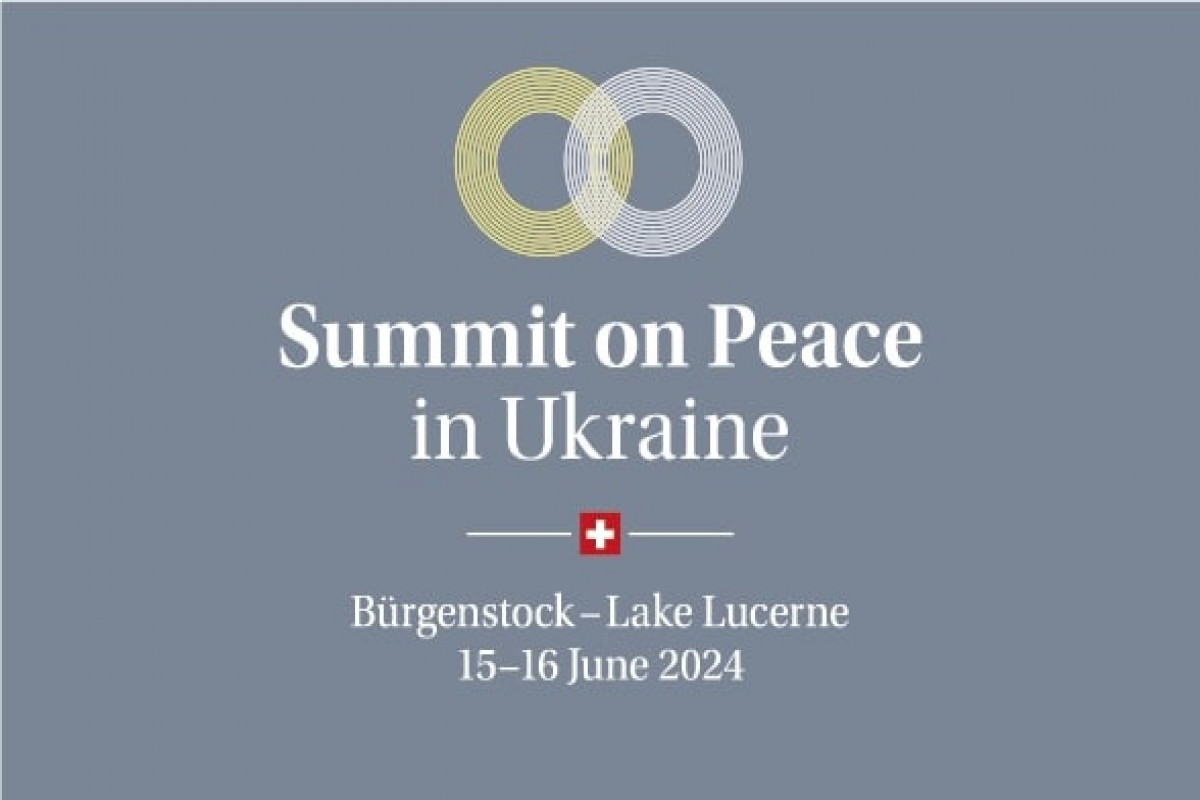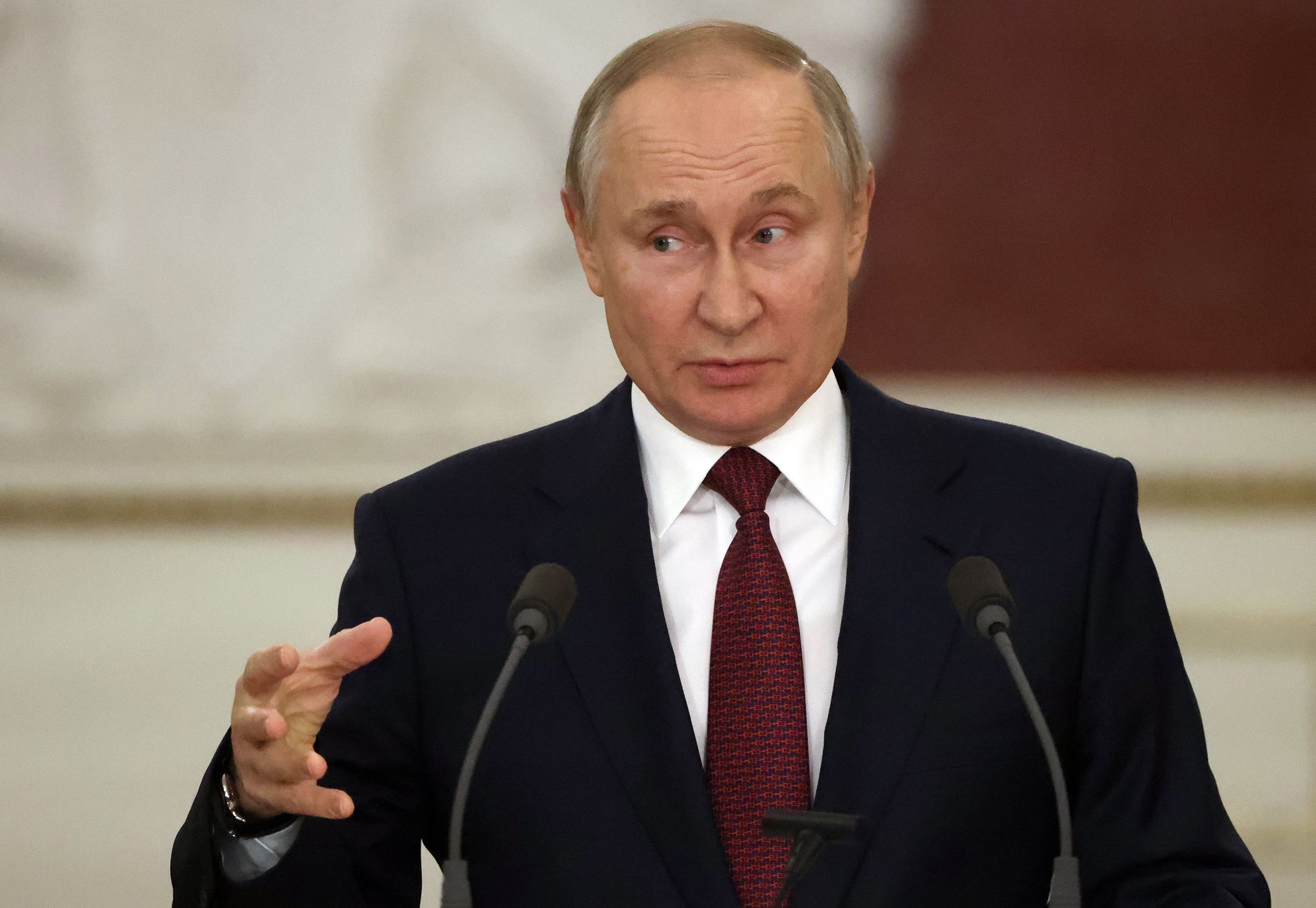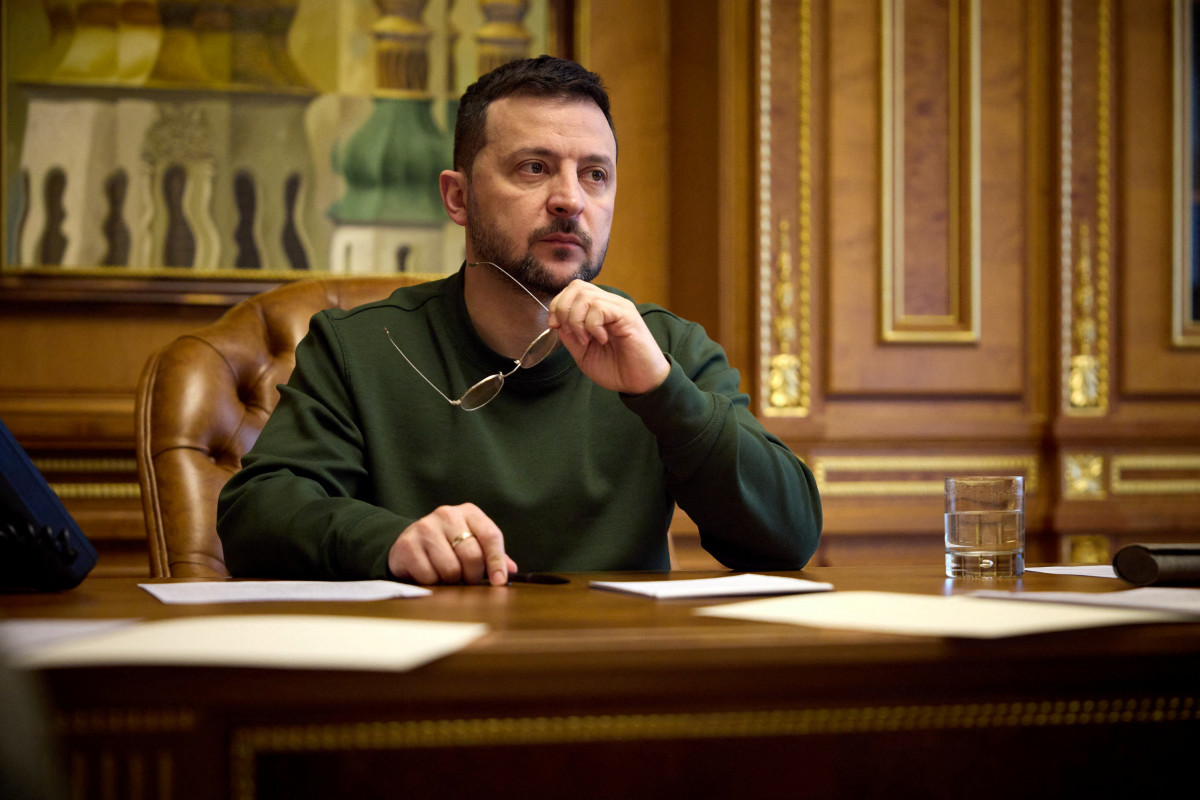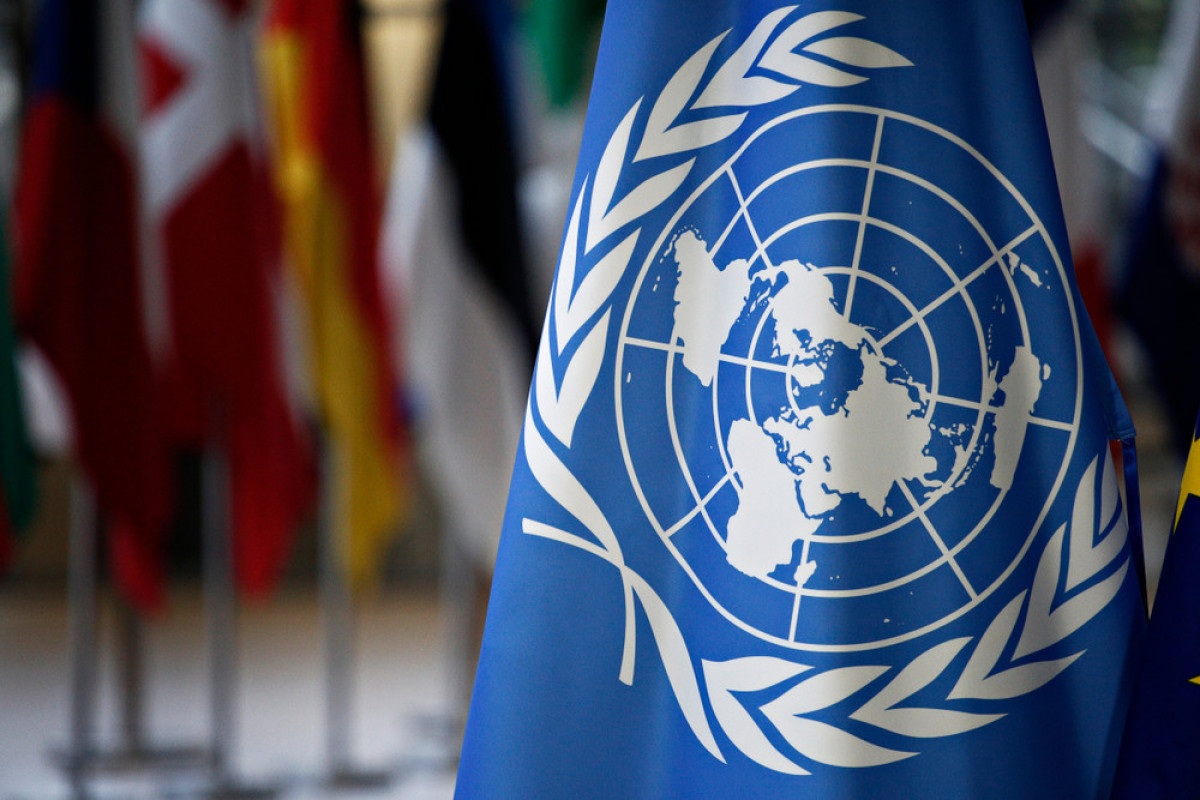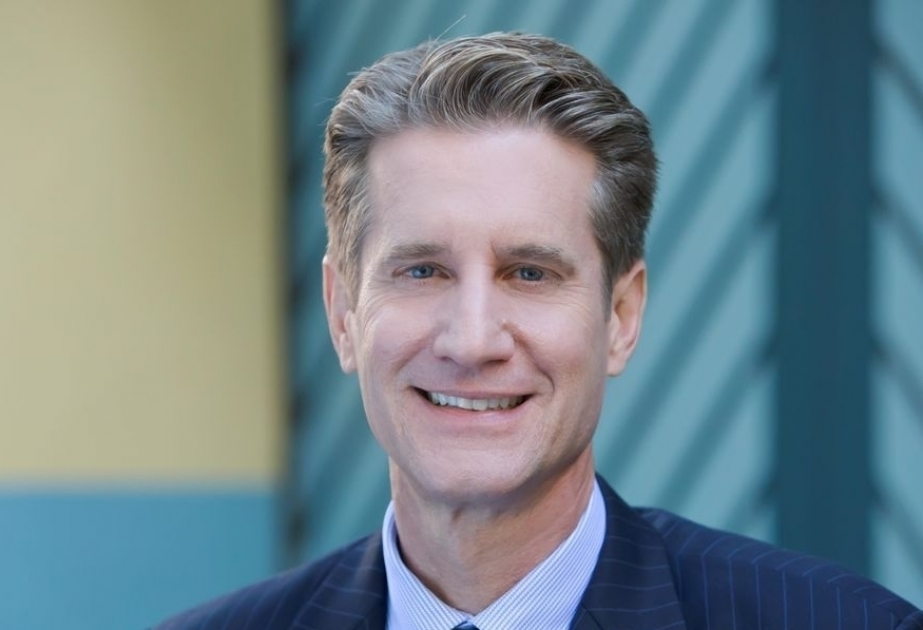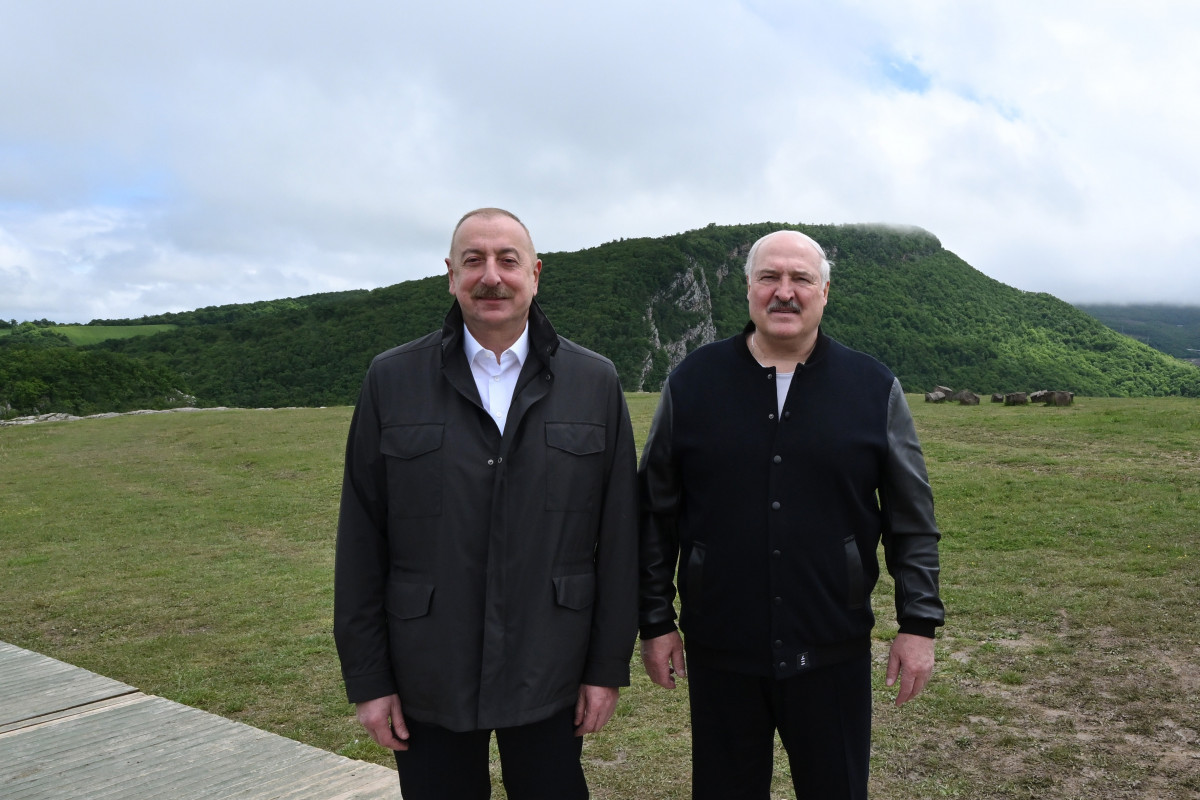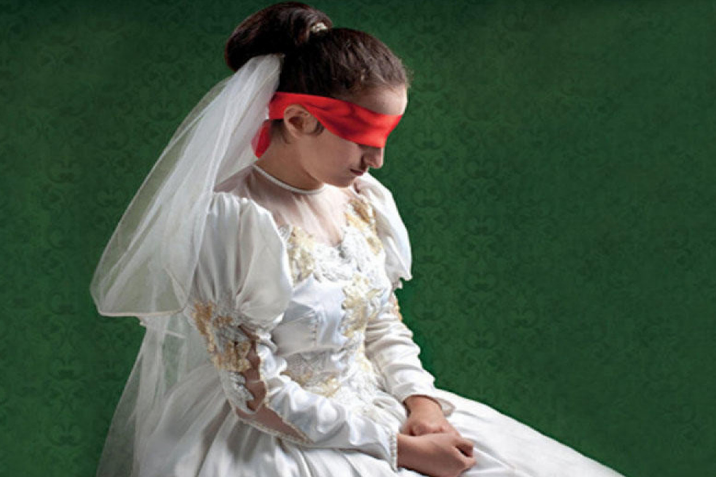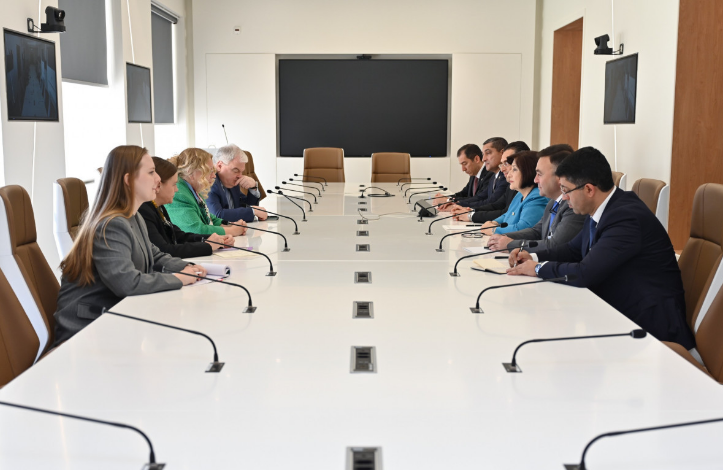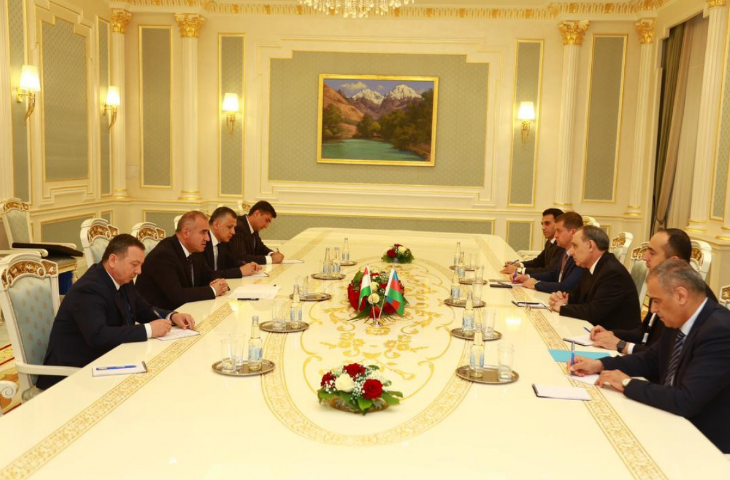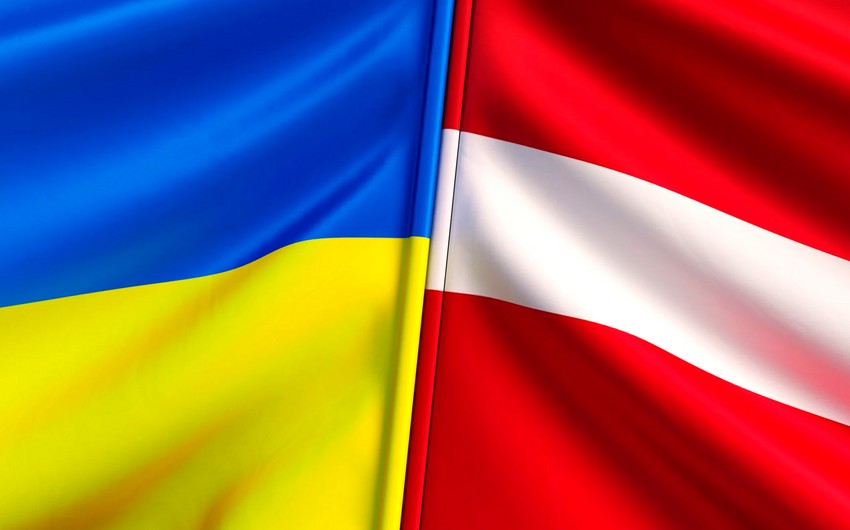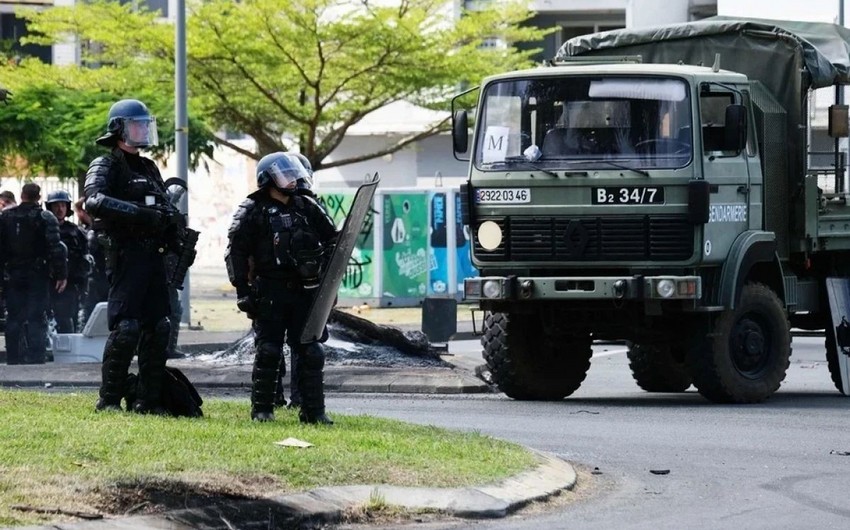To his neighbors in Jackson Heights in the early 1990s, Sam Millar was known as a stoic family man who drove an old minivan and ran a comic book store near the family’s apartment on 24th Avenue, near La Guardia Airport in Queens.
“He was very private — I thought he was a police officer, or in the security business,” said Peter Wong, 68, a retired waiter who lived downstairs from Mr. Millar and his wife and three young children. So Mr. Wong, who still lives in the building, was surprised when federal agents swarmed the building and arrested Mr. Millar in late 1993.
“When I heard later that he was part of a bank robbery for $7 million, I couldn’t believe it,” recalled Mr. Wong, who learned from news accounts that those agents had arrested his mild-mannered neighbor in connection with a brazen holdup of a Brink’s armored car service in Rochester, making off with $7.4 million in what the authorities then called the fifth-biggest armored car robbery ever in the United States.
After the robbery, there was also a death linked to it, that of Ronnie Gib-bons, a charismatic prizefighter well known in Manhattan night life and celebrity circles.
Mr. Millar’s neighbors also learned that he was a former Irish Republican Army rebel who had served eight years in the notorious prison known as Long Kesh in Northern Ireland, where prisoners included Bobby Sands, who died on a hunger strike in 1981. Gerry Adams, president of the Sinn Fein political party, once called the prison “Britain’s concentration camp.”
In 2003, Mr. Millar wrote “On the Brinks,” a memoir published in Ireland that described his version of the caper but offered no useful information about the whereabouts of $5.2 million that still has not been recovered.
Recently, the film rights were bought by Focus Features, a distribution company that was involved in “Brokeback Mountain,“ “Traffic” and “Fifty Shades of Grey.” Michael Lerner, a former Newsweek foreign correspondent who is writing the screenplay, called Mr. Millar a fascinating character whose story arc covered the harrowing Long Kesh years, “working in casinos in New York, which is a world we really haven’t seen, and pulling off this heist.”
“It’s a slice of New York at a certain time,” Mr. Lerner added, “and how his life fits into that part of New York is intriguing.”
Mr. Millar’s hardened I.R.A. history had a flip side: He loved the fantastical world of comic books.
In his memoir, Mr. Millar writes about enjoying a dual life as a doorman on the Upper East Side of Manhattan who worked nights in clandestine casinos around New York City as a croupier and a collector of cash for the Irish casino boss.
Perhaps his taste for outsize adventure helped inspire the crime-of-the-century-style plot he carried out in January 1993. He drove upstate in the family minivan, turned it into the getaway car for the robbery and returned a rich man. In the ensuing months, Mr. Millar was a big spender in his Queens neighborhood, splurging on vacations, opening a comic book shop and buying rare editions, and acquiring a new Ford Explorer to replace the minivan.
In November of that year, Mr. Millar was arrested along with the Rev. Patrick Moloney, an Irish-born priest well known in his East Village neighborhood as Father Pat, a defender of the poor, as well as a staunch supporter of the I.R.A. The Brink’s guard on duty that night, Thomas F. O’Connor, was also arrested. The authorities called the robbery an inside job, partly masterminded by Mr. O’Connor, a retired Rochester police officer with a shady past. He, too, was an I.R.A. supporter, and he had helped Mr. Millar illegally enter the United States.
Federal authorities immediately called the crime a possible terrorist act carried out to fund the I.R.A.’s campaign against the British in Northern Ireland. But investigators lacked hard evidence, and the three suspects offered little cooperation. In the end, Mr. O’Connor was acquitted, and Mr. Millar and Father Moloney were convicted only of possessing cash from the robbery.
Father Moloney served five years in federal prison in Pennsylvania. Mr. Millar served four years and was allowed to complete his term in an Irish prison under a larger inmate transfer program arranged during President Bill Clinton’s administration. Mr. Millar, who did not respond to requests to be interviewed, now lives in his native Belfast and writes crime novels.
Mr. Gibbons, the boxer, told friends he had planned the scheme with Mr. Millar and Mr. O’Connor but had backed out because the robbers planned to use guns.
Mr. Gibbons’s friends said that two years after the robbery, he drove upstate to confront Mr. O’Connor. They never saw him alive again.
“The whole thing had such an eclectic Hollywood cast of characters,” said Gary Craig, a newspaper reporter at The Democrat and Chronicle in Rochester. Mr. Craig covered the Brink’s story from the beginning, wrote a blog about it and is now finishing a book on the crime, “Seven Million: A Cop, a Priest, a Soldier for the I.R.A., and the Still-Unsolved Rochester Brink’s Heist” (ForeEdge Books/University Press of New England).
Mr. Craig and other experts on the case point out that Mr. Millar’s book glosses over much of the robbery, including key details that might have implicated certain participants.
Father Moloney’s involvement in the case seemed to burnish his heroic image as a rebel priest in the East Village, where “Free Father Pat” graffiti tags could be seen during his incarceration. Now 85, he still serves the poor out of Bonitas House, the East Ninth Street brownstone he opened a half-century ago as a shelter and ministry for troubled teenagers and undocumented immigrants.
The priest said he was initially impressed by Mr. Millar’s I.R.A. credentials, but found him odd. For one thing, parts of his apartment were stacked to the ceiling with comic books.
“I wasn’t fond of him but I respected what he did for the movement,” Father Moloney said, adding that he liked him well enough to baptize Mr. Millar’s two daughters.
But things soured after the arrest, and more so after the memoir, which Father Moloney recently called a boastful display of “selective memory and poetic license” about the crime. “Let’s face it, he’s a novelist,” said Father Moloney, adding that with the film deal “he’s still trying to milk the cow he murdered long ago.”
Father Moloney, a Catholic Melkite priest, has long been a prominent and outspoken opponent of British control of Northern Ireland, and a fixture at I.R.A. fund-raisers, even as “the Troubles” that once afflicted English-controlled Northern Ireland subsided. He was arrested in Ireland in the 1980s on charges of gun smuggling, and a British intelligence officer pronounced him “the underground general” of I.R.A. gun runners. But after he was locked up with prominent I.R.A. men for two months in Portlaoise Prison in Ireland, the charges were dropped and the priest was released.
Father Moloney said his anti-British zeal was instilled in him by his father, who fought in Ireland’s war of independence, and his grandfather, also an I.R.A. fighting man. He immigrated to New York from Ireland in 1955 and, inspired by the Catholic activist Dorothy Day, began his ministry in the East Village helping poor and homeless people and working against gang leaders and drug dealers. He was arrested in 1989 during protests of police crackdowns in Tompkins Square.
Sitting recently in Bonitas House, Father Moloney said it was his kindness to Mr. Millar that got him embroiled in the Brink’s case.
The priest said he had long kept “safe houses” across the city, secret apartments he offered as refuges to Irish Republicans on the lam and other political fugitives, as well as undocumented immigrants.
In early 1993 when Mr. Millar said his brother needed a place to stay, Father Moloney offered the keys to a safe house in the Stuyvesant Town-Peter Cooper Village development, the priest said, only to enter one day and find Mr. Millar counting a mountain of cash by hand, with bills stacked nearly to the ceiling.
Federal agents who later recovered the money said Mr. Millar had stashed roughly $2 million, mostly in $20 bills, after the robbery — so much cash that agents who raided the apartment initially measured it in pounds.
“I said, ‘Sam I need this money out of here — I can’t risk anything happening,’” Father Moloney recalled recently. He said he even bought Mr. Millar an electric cash counter, which later became an exhibit at the trial and is now the priest’s memento, evidence tag still attached.
Father Moloney was never charged with planning or executing the robbery and has long maintained his innocence. He said he never profited and assumed that Mr. Millar’s pile of cash was linked to his casino work. “He said I shouldn’t worry about it, that it was O.K.,” Father Moloney recalled, adding, “Sam should have exonerated me from the beginning.”
As a prominent Irish nationalist, Mr. Millar “defamed the movement” by executing the scheme, Father Maloney said, adding, “He didn’t do it for the cause — he did it for Sam Millar’s cause.”
But investigators suspected Father Moloney knew more about the robbery than he let on, said Paul Hawkins, a retired special agent with the Federal Bureau of Investigation who ran the inquiry in Rochester.
Mr. Hawkins said federal agents had surveillance tapes that show the priest exiting the Stuyvesant Town apartment carrying duffel bags that investigators — and Mr. Millar himself — believed were filled with cash.
After Mr. Millar’s arrest, agents showed him the surveillance tapes, and he became visibly angry, muttering something like, “Now what did he have to go and do that for, sneaking around behind my back,” Mr. Hawkins said.
Investigators recovered $168,000 from a safe in Bonitas House and found an empty safe in a home that Father Moloney kept in Florida. They also observed Father Moloney and Mr. Millar house-hunting together in Westchester County after the robbery. “You have to question whether or not Father Pat was as much of a victim as he said he was,” the retired agent said.
Father Moloney said the money in the Bonitas House safe belonged to a group of undocumented immigrants who entrusted the priest to safeguard the cash as their informal credit union because they were afraid to use banks. He insists that he was “as innocent as the lamb of God” in the Brink’s case, but he volunteered scant information to investigators and refused to testify at trial. As a priest he has been a trusted confidant to some rough characters, he said, and looks dimly upon spilling information about others.
“My father taught me, the only good rat is a dead rat,” said Father Moloney, whose bail was set at $1 million by a judge who said it would take a miracle to raise it.
Father Moloney said he replied with characteristic bravado. “I said, ‘Judge, I’m in the business of miracles,’ and I raised it in contributions in a matter of days,” he recalled.
During the seven-week trial of Mr. Millar and Father Moloney in Rochester in late 1994, the money from the Stuyvesant Town apartment became key evidence against them.
The judge forbade prosecutors to characterize the robbery as I.R.A.-related, and Mr. Millar in his book makes no connection between the scheme and his pro-I.R.A. leanings, which date to his youth in Belfast during the escalation of the Troubles.
He writes that he became involved in militant anti-British groups as a teenager and was in Derry on Bloody Sunday, when British soldiers shot 26 protesters, 14 fatally. He also describes being imprisoned for I.R.A.-related activity, including setting fire to three Belfast buses, and served time during the 1970s and ’80s in Long Kesh.
The memoir offers a harrowing portrait of Mr. Millar as he became one of the renowned blanket men, inmates who protested their incarceration by wearing blankets instead of British-issued prison uniforms. They called themselves political prisoners and refused to cooperate with British guards. They protested their imprisonment by plastering their cells with excrement. They were considered heroes in the Irish Republican movement.
Mr. Millar’s book details beatings by British guards, and self-starvation to protest British policies and horrific prison conditions, but it is much less detailed when it comes to the Brink’s robbery, including a vague claim that the $5.2 million in unrecovered money was left with a lawyer who later contended that a drug addict stole it.
Mr. Hawkins called much of what Mr. Millar wrote about the crime a fabrication, saying, “The facts don’t support what he has to say in the book.”
Asked about this, Mr. Lerner, who is writing the screenplay, said he was committed to learning everything he could about the robbery and Mr. Millar’s life, both from Mr. Millar himself and from interviewing others, “for any information about that period of time and the people who were involved.”
Mr. Millar writes that the robbery was inspired by visiting Mr. O’Connor at the Brink’s depot and seeing that security was akin to “the Keystone Kops meet Laurel and Hardy.”
Mr. Millar had first met Mr. O’Connor in a bar in Ireland after serving his sentence in Long Kesh. Mr. Millar said his visa application was denied by United States officials, and Mr. O’Connor agreed to help smuggle him into the United States from Canada, the authorities later said.
As for the robbery, Mr. Millar writes that he and a friend, whom he simply calls Marco, walked right into the depot holding guns and wearing masks. They tied up three guards including Mr. O’Connor, who Mr. Millar insists never recognized him because he was wearing a balaclava over his face.
The authorities scoffed at the story and noted that Mr. Millar had forced Mr. O’Connor into the getaway minivan and then forced him out nearby, outside a pub he frequented.
Investigators suspected an inside job linked to Mr. O’Connor after he initially provided inconsistent details of the crime and then became uncooperative and declined to undergo a polygraph test. The authorities checked into several of his I.R.A. friends, including Mr. Millar, whom they then began monitoring in New York City.
After Mr. O’Connor’s acquittal and until his death in 2013 at age 74, he remained silent about the crime and about any possible knowledge relating to the disappearance of Mr. Gibbons, the boxer.
Mr. Gibbons emigrated from England in the early 1970s and was mentored by the boxing champion Emile Griffith and trained by the Hall of Fame trainer Gil Clancy. Mr. Gibbons’s boxing acquaintances included Muhammad Ali and Jake LaMotta.
After retiring from the ring, Mr. Gibbons helped run illegal casinos in Manhattan and became a popular figure in night life circles, his sister, Margaret Gibbons, said. He met Terry Quinn, a retired New York City firefighter who in the 1980s and ’90s owned trendy bars in Manhattan with the actor Matt Dillon and other prominent figures.
Mr. Gibbons, with his thick Liverpool accent and an eccentric sense of humor, enjoyed quoting philosophers at length in barroom conversations.
He told friends that he had helped plan the robbery but that Mr. Millar never came through on his promises of a payoff, Mr. Quinn said.
But Mr. Gibbons was more furious with Mr. O’Connor, who he felt had fingered the other men in the scheme and kept most of the Brink’s cash, Ms. Gibbons, a construction executive in New York, said. He decided to head upstate to confront Mr. O’Connor and borrowed a green Toyota Tercel that belonged to Mr. Quinn and his wife at the time, the actress Patti D’Arbanville.
In an interview, Mr. Quinn said Mr. Gibbons had told him to notify Mr. Gibbons’s brother if he never returned. He never did. The car was found abandoned in an Applebee’s parking lot upstate. In 1999, his dismembered body was found washed up in Lake Ontario. It went unidentified until 2011.
Mr. Millar presumably never detected that federal agents were watching him in his Queens neighborhood. He continued his spending spree using $20 bills — the denomination of the Brink’s cash.
There were vacations for his family and rare comic books for himself. He opened KAC Comics and Collectibles near his apartment.
“It’s a fantasy world you can get lost in,” Mr. Hawkins, the retired F.B.I. agent, said of the comic book fixation. “Comics probably appealed to him, and they never really lost their appeal, I guess. Plus, it’s a good way to launder the money. It’s like buying Krugerrands or something.”
When Mr. Millar wanted a $26,000 Ford Explorer, he gave Father Moloney the cash to buy the vehicle and kept it in the priest’s name. Federal agents tailing Mr. Millar wound up connecting the license plates to Father Moloney.
The priest said recently that he had been tipped off that agents were watching Mr. Millar. “I’m very well connected to the underworld and the upper world — it’s part of my job,” he said, adding that Mr. Millar ignored warnings to curtail his spending. “You think he would have hid the money or something,” Father Moloney said. “I knew he’d trip over his own feet eventually.”
Investigators matched a tire track at the Brink’s depot to the stoic family man’s minivan and finally arrested him, as his neighbor Mr. Wong watched.
“I don’t know what else to tell you,” Mr. Wong said, at the entrance to his and Mr. Millar’s old building. “I guess you never know your neighbors.”

